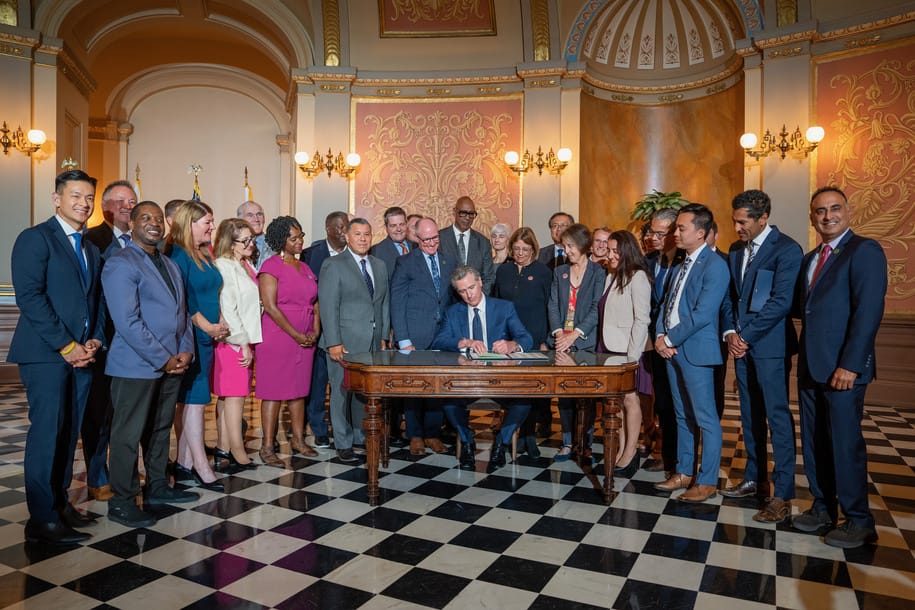Gov. Newsom Signs New Minimum Gasoline Reserve Law to Prevent CA Gasoline Price Spikes
The oil industry spent around $8.3 million on lobbying in published disclosures for the second quarter of 2024.

The oil industry spent around $8.3 million on lobbying in published disclosures for the second quarter of 2024.


Nothing says “confident leader of the free world” quite like demanding the silencing of comedians.

Constituents or Donor Checks?

Every Elk Grove mailing address received junk mail featuring campaign messaging in the last few days

Time to clean things up!